U.S. reopens Reaper exports: MTCR shift puts Saudi MQ‑9 buy in play

Check out the Best Deals on Amazon for DJI Drones today!
Washington is set to reopen the Reaper export door—with a triple‑digit Saudi order waiting in the queue.
The United States is preparing to expand exports of heavy attack drones by reinterpreting the 1987 Missile Technology Control Regime (MTCR), enabling Foreign Military Sales of MQ‑9 Reaper–class systems to U.S. partners, according to Reuters.
Policy change reframes drones as aircraft
The shift would treat large unmanned aircraft as “aircraft like the F‑16,” not missile systems, removing the long‑standing “strong presumption of denial” that has constrained U.S. drone transfers under MTCR rules. This reframing is intended to streamline approvals under the State Department’s Foreign Military Sales process while maintaining end‑use and human‑rights vetting.
A U.S. official told Reuters the new guidelines are intended to make the United States “the premier drone provider instead of ceding that space to Turkey and China,” underscoring how the reinterpretation targets long‑lost deals to rivals operating under looser export regimes.
Saudi request for 100+ MQ‑9s in play
One of the earliest transactions enabled by the reinterpretation could be a Saudi request for more than 100 MQ‑9s submitted in spring 2025, potentially tied to a broader arms package announced earlier this year. Interest has also been signaled by U.S. allies in Europe and the Pacific, reflecting renewed demand for long‑endurance, weapon‑capable UAVs.
In May 2025, Washington announced an arms package with Saudi Arabia valued at roughly $142 billion; officials now see the MTCR reinterpretation as the step that could allow the kingdom’s spring request for more than 100 MQ‑9s to move through the Foreign Military Sales channel
Pressure from Israel, China, and Türkiye
American manufacturers have been losing overseas deals to Israeli, Chinese, and Turkish suppliers that operate with fewer treaty constraints or under different thresholds. The policy aim is to keep U.S. industry competitive in Reaper‑class segments while allied air forces modernize around networked ISR and precision‑strike capabilities.
What still applies under FMS
Even with the reinterpretation, all sales would remain subject to standard U.S. government reviews, including regional stability, end‑use monitoring, technology‑security protections, and buyers’ human‑rights records. Timing for formal guidance has not been announced, with officials describing the change as part of a broader update to the Foreign Military Sales program.
Next‑gen teaming drones
The move is also timed to benefit development of jet‑engine drones designed to operate as “loyal wingmen” alongside piloted fighters—an emerging market where speed, autonomy, and seamless integration into U.S.‑aligned command‑and‑control architectures are decisive for partners.
DroneXL’s Take
Reclassifying Reaper‑class UAVs as aircraft could reset the global drone export landscape and help U.S. firms reclaim market share without abandoning safeguards. The open question is whether faster approvals can coexist with airtight technology security and end‑use controls in volatile regions. Share perspectives in the comments: does treating heavy drones as aircraft strike the right balance between allied capability and proliferation risk?
Photo courtesy of Wikipedia
Discover more from DroneXL.co
Subscribe to get the latest posts sent to your email.
Check out our Classic Line of T-Shirts, Polos, Hoodies and more in our new store today!

MAKE YOUR VOICE HEARD
Proposed legislation threatens your ability to use drones for fun, work, and safety. The Drone Advocacy Alliance is fighting to ensure your voice is heard in these critical policy discussions.Join us and tell your elected officials to protect your right to fly.
Get your Part 107 Certificate
Pass the Part 107 test and take to the skies with the Pilot Institute. We have helped thousands of people become airplane and commercial drone pilots. Our courses are designed by industry experts to help you pass FAA tests and achieve your dreams.

Copyright © DroneXL.co 2026. All rights reserved. The content, images, and intellectual property on this website are protected by copyright law. Reproduction or distribution of any material without prior written permission from DroneXL.co is strictly prohibited. For permissions and inquiries, please contact us first. DroneXL.co is a proud partner of the Drone Advocacy Alliance. Be sure to check out DroneXL's sister site, EVXL.co, for all the latest news on electric vehicles.
FTC: DroneXL.co is an Amazon Associate and uses affiliate links that can generate income from qualifying purchases. We do not sell, share, rent out, or spam your email.




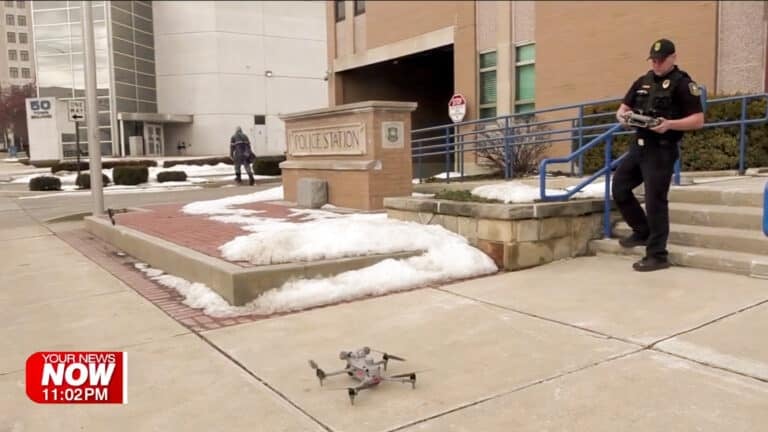
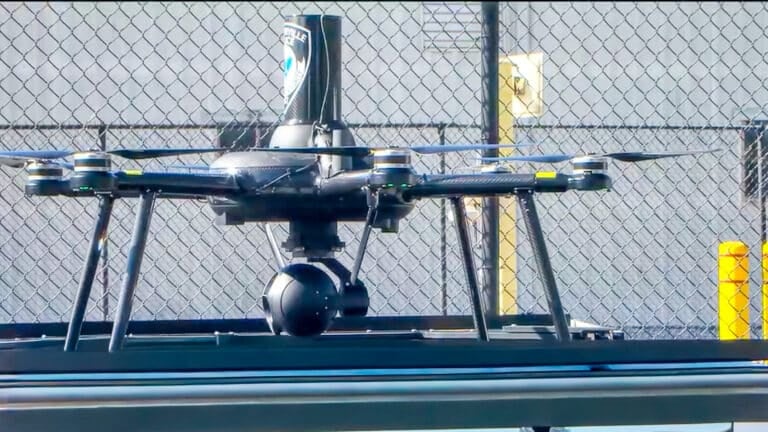



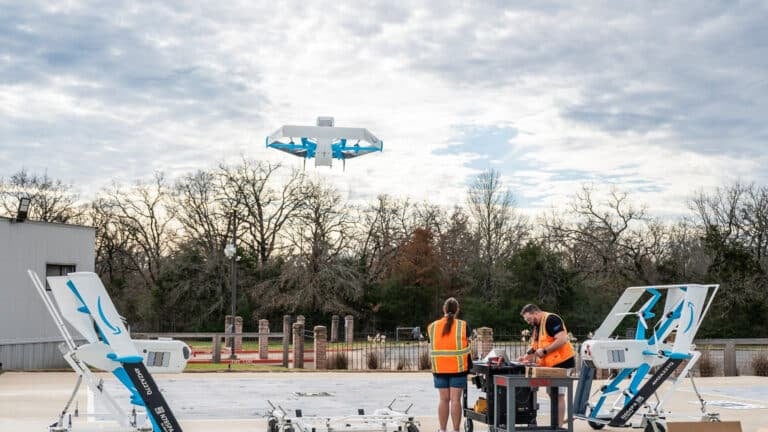


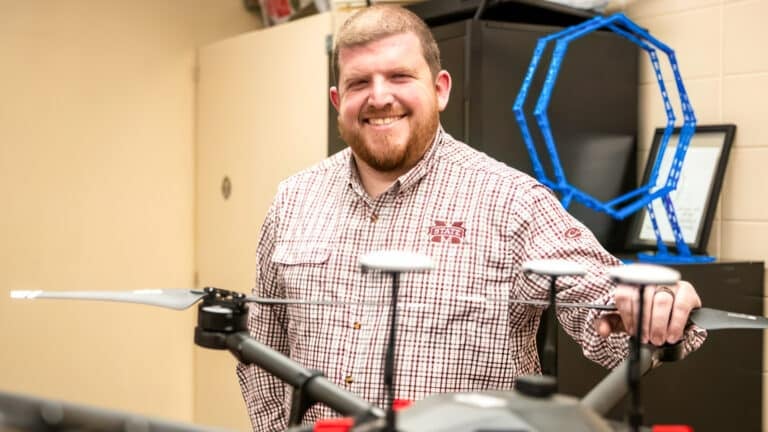
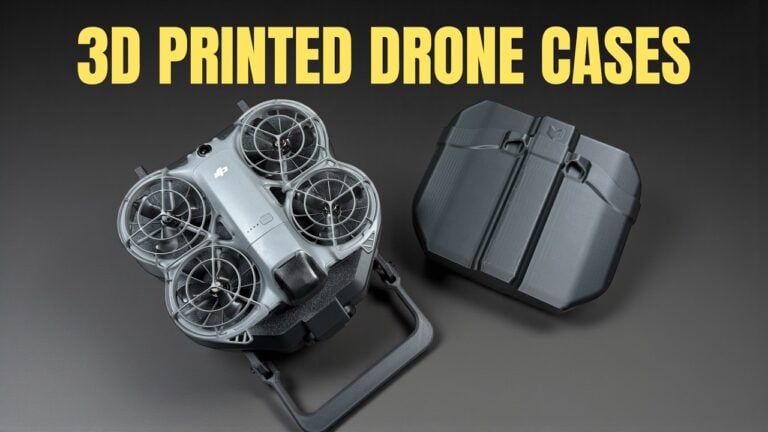
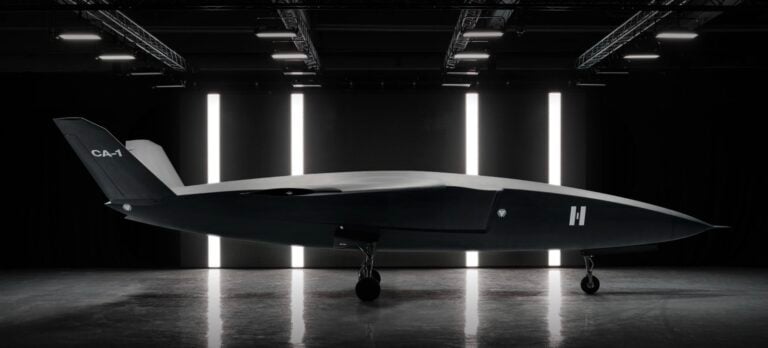

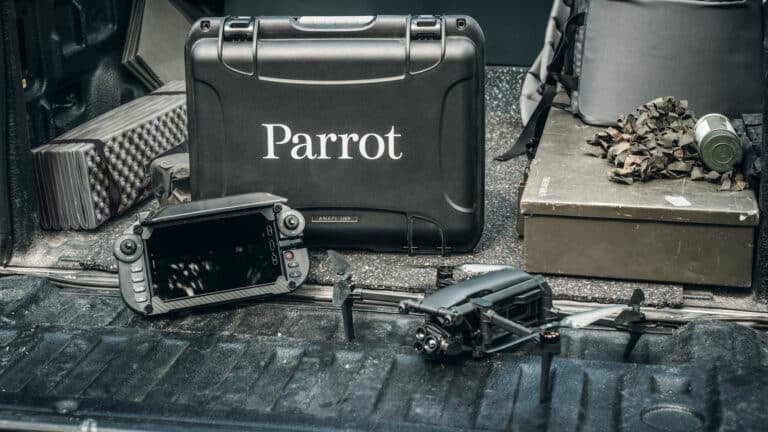

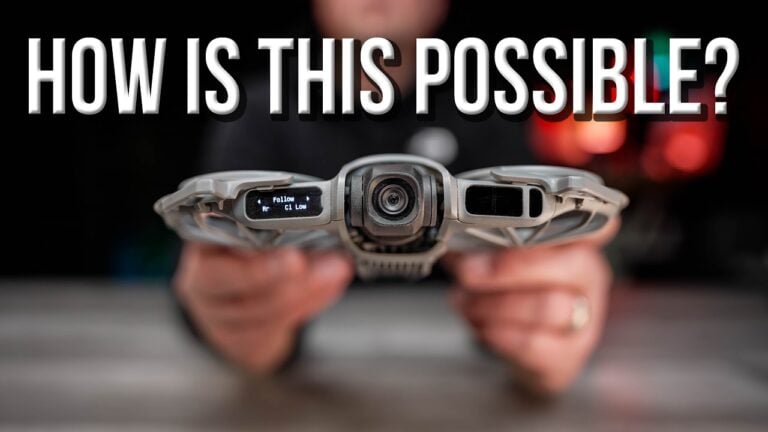
The US is the largest arms supplier to Saudi Arabia, with billions in defense contracts. Saudi investments also extend into the US aerospace and security sectors.
American firms benefit from Saudi defense procurement and related industrial partnerships. The defense relationship between Saudi Arabia and the United States is one of the most significant pillars of their broader strategic partnership. It involves massive arms deals, joint ventures, military training, and technology transfer, reflecting deep political and security ties.